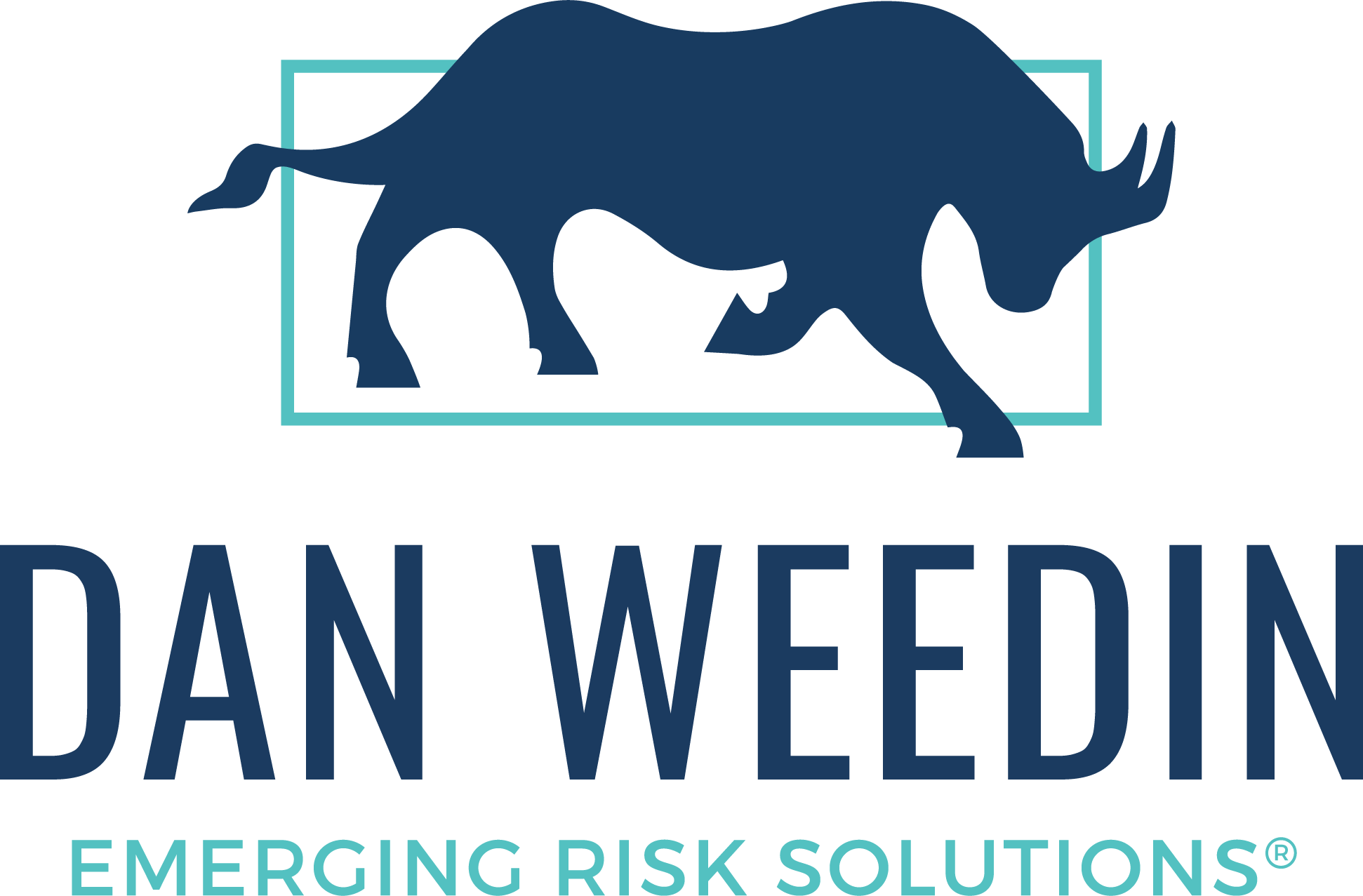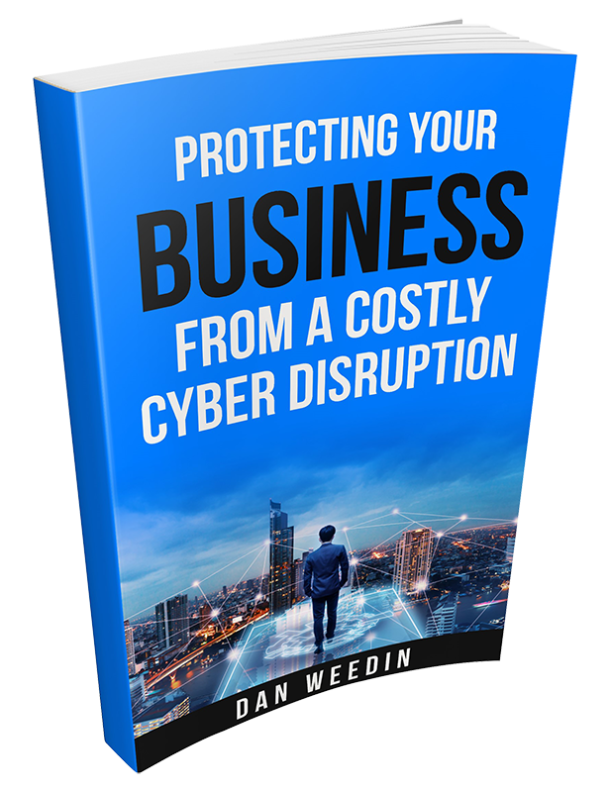There was a terrible tragedy at a construction site in Seattle yesterday morning. A construction worker was killed on the job site Details are limited, but the reality is that a life was lost and it affects a great number of people ranging from family, friends, and co-workers.
Last month, when I was in Bogotá, Colombia at the Occupational Health and Safety Summit, I discussed how management’s response to crisis has a trickle-down effect on the entire organization. I have never been a part of an organization who has lost an employee, while at work. However, I can imagine the impact. Just a few months ago, a member of our Rotary Club and a friend died at his business from a massive heart attack. His employees tried to save him, to no avail. Now you have a crisis and the leader is gone.
These two examples lead me to pose some questions to you…
- How do you respond to a tragedy like a death of one of your employees? Who is in charge of reaching out to employees, family, and the media? Has this person (who now becomes the face of the business) been trained in speaking and able to empathetically respond to hard questions while emotions are high? This isn’t easy in any way and going out there cold without any training or practice can be overwhelming. Not only is it difficult for the spokesperson, the opportunity to not deliver a message that should be is high. The solution is simple. Whoever is designated the spokesperson for the organization needs to have at least some training in communications; how to deliver a message; be empathetic; and be able to deal with the media. This takes practice and role-playing and should not wait until the event happens. This type of “on the job” training is dangerous.
- What kind of services do you have ready for your employees. Grief and shock follow tragedies like this. What can you do to alleviate that grief, anxiety, and sadness? You can’t take it all away, but you can provide help to your people. Solution – be proactive. Have a name of a group or service that provides grief counseling and develop a relationship. You hope you will never have to use them, but the reality is at some level you might. If you already have a relationship, understand their role, and have them on call when you need them, the results will be quicker and better service for your employees, which leads to improved morale and a quicker return to work. That and you’ve helped them immeasurably deal with a terrible situation.
- What if it’s you? What if like my friend you are the one carted away in the big red truck? Who is in line to take your spot? These are important questions…do you have answers? I understand these aren’t “fun” topics to discuss, but the continuation of your business if you become disabled or unable to work either temporarily or permanently is important. Solution – Determine your plan of succession and communicate it. People need to know the world won’t implode if you’re not there. They need assurance and a plan. Make sure everyone is on the same page and then fund it with insurance so it doesn’t become a financial burden.
Unfortunately, tragedy at work happens. It just happened in a big way here in Seattle. Not being prepared as an organization to deal with it is negligent. Your employees, their families, the community, and your supply chain deserve it.
© 2011 Dan Weedin. All Rights Reserved


